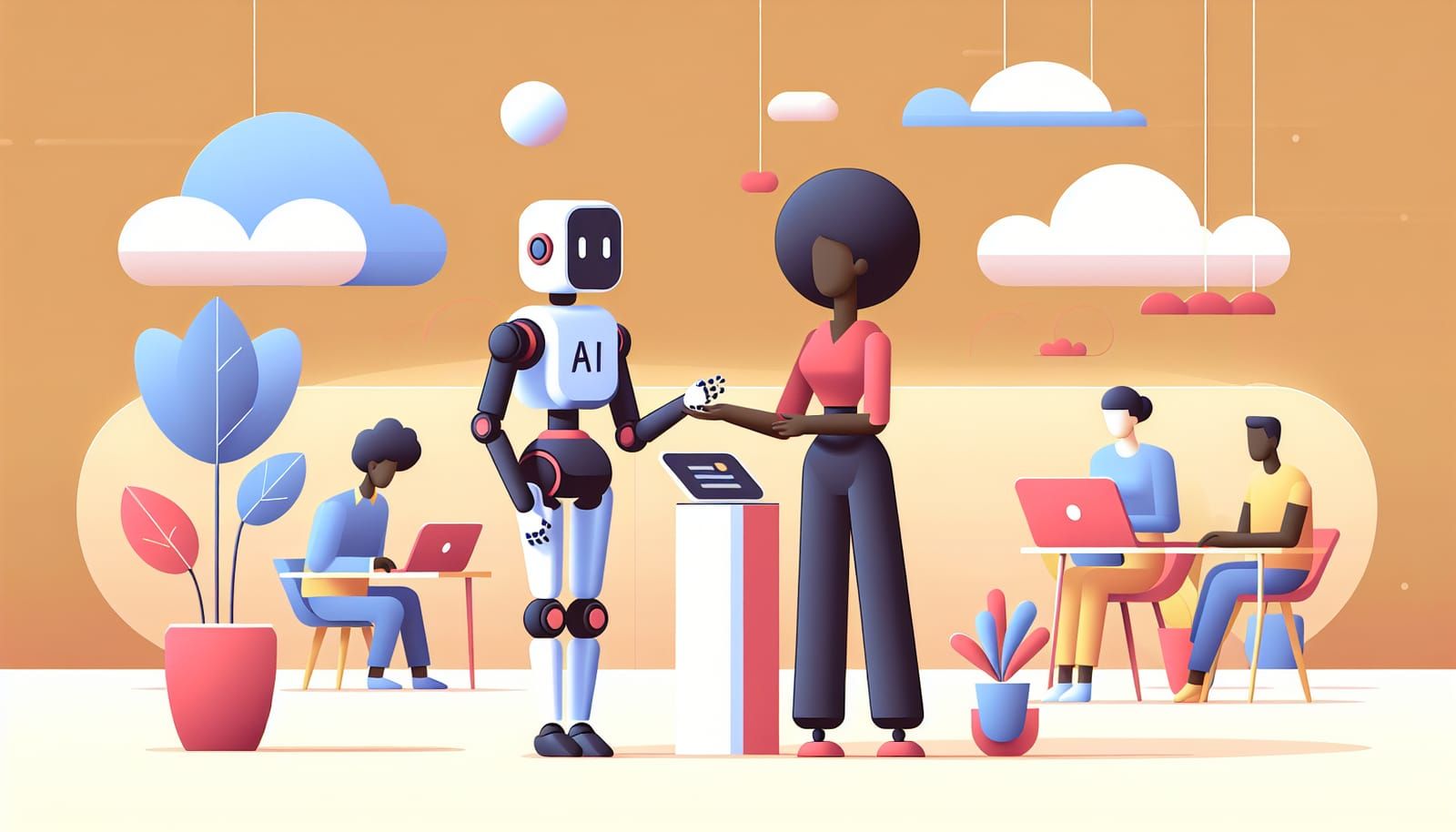Climate change is one of the most pressing challenges facing our planet today. From rising sea levels to extreme weather events, the impacts of climate change are being felt around the world. But there's a powerful ally in the fight against climate change: Artificial Intelligence (AI). In this article, we’ll explore how AI is being used to combat climate change and inspire hope for a more sustainable future.
Understanding Climate Change
Before diving into how AI is helping, it’s important to understand what climate change is. Simply put, climate change refers to long-term shifts in temperatures and weather patterns. While natural phenomena can contribute to these changes, human activities—especially the burning of fossil fuels—are the primary drivers of climate change.
The consequences of climate change are vast. We see glaciers melting, oceans warming, and more frequent and severe storms. These changes threaten biodiversity, food security, and the overall health of our planet.
The Role of AI in Climate Science
AI is revolutionizing how scientists study and understand climate change. Traditional methods of collecting and analyzing climate data can be slow and cumbersome. However, AI can process vast amounts of data quickly and efficiently, allowing researchers to identify patterns and make predictions.
For example, AI algorithms can analyze satellite images to track deforestation and monitor changes in land use. This information is crucial for understanding how human activities are impacting the environment. By employing AI, researchers can respond more swiftly and effectively to emerging climate issues.
Reducing Carbon Emissions
One of the most significant ways AI is helping fight climate change is by reducing carbon emissions. AI technologies can optimize energy use in various sectors, from transportation to manufacturing.
In transportation, AI can facilitate the development of smart traffic management systems that reduce congestion and emissions. For instance, AI can analyze traffic patterns to optimize traffic lights, ensuring smoother flows and less idling. In logistics, AI can optimize delivery routes, reducing fuel consumption and emissions.
In the energy sector, AI is being used to enhance the efficiency of renewable energy sources. For example, AI algorithms can predict energy production from solar panels based on weather conditions, allowing for better integration of solar energy into the grid.
Enhancing Renewable Energy
AI plays a crucial role in enhancing the performance of renewable energy sources like wind and solar power. By analyzing weather data, AI can predict when and where energy will be produced most effectively. This helps energy companies manage their resources more efficiently and ensures a stable energy supply.
For instance, AI can optimize the placement of wind turbines by analyzing wind patterns and terrain. It can also predict solar energy production by considering cloud cover and other atmospheric conditions. By maximizing the efficiency of renewable energy sources, AI contributes significantly to reducing reliance on fossil fuels.
Smart Agriculture
Agriculture is a significant contributor to greenhouse gas emissions, but AI is helping to make farming more sustainable. AI technologies enable farmers to use resources more efficiently, reduce waste, and increase crop yields.
For example, AI-powered drones can monitor crop health and soil conditions, providing farmers with valuable insights. This allows them to apply fertilizers and water only where needed, minimizing waste and environmental impact. Additionally, AI can help farmers predict weather patterns, allowing them to make informed decisions about planting and harvesting.
By making agriculture more efficient, AI helps reduce the carbon footprint of food production and contributes to global food security.
Climate Adaptation Strategies
As the impacts of climate change become increasingly evident, communities must develop strategies to adapt. AI can assist in creating resilient communities by analyzing data to predict climate-related risks such as flooding, drought, and heatwaves.
For instance, AI can help urban planners model the effects of climate change on city infrastructure. By predicting how rising sea levels might affect coastal cities, planners can make informed decisions about where to build and how to protect vulnerable areas.
Moreover, AI can aid in disaster response by analyzing real-time data during natural disasters. This allows for quicker responses, potentially saving lives and reducing damage.
Engaging Communities and Raising Awareness
AI is also playing a role in engaging communities and raising awareness about climate change. Social media platforms and AI-driven content recommendations can help spread information about climate issues and initiatives. By using AI to analyze user preferences, organizations can tailor messaging to reach a broader audience.
Additionally, AI chatbots can answer questions about climate change, making information more accessible to the public. This helps people understand the issues at hand and encourages them to take action in their own lives.
The Future of AI in Climate Action
The potential for AI to combat climate change is vast, and as technology continues to evolve, so too will its applications. Ongoing research is exploring new ways AI can contribute to sustainability efforts, such as carbon capture technologies and improved energy storage solutions.
However, it’s essential to remember that AI is not a silver bullet. It must be combined with policy changes, public awareness, and individual action to truly make a difference. Each of us can contribute to combating climate change by adopting sustainable practices in our daily lives.
AI is proving to be a powerful tool in the fight against climate change, helping us understand the problem better, reduce carbon emissions, enhance renewable energy, and engage communities. While the challenges are significant, the innovations being developed offer hope for a more sustainable future.
As we continue to harness the power of AI, it’s vital that we also take personal responsibility for our planet. Together, we can create a healthier, more sustainable world for generations to come.
So, whether you’re a student, a parent, or just someone curious about how technology can help our planet, remember: every little action counts. With AI on our side, the fight against climate change is more hopeful than ever!


